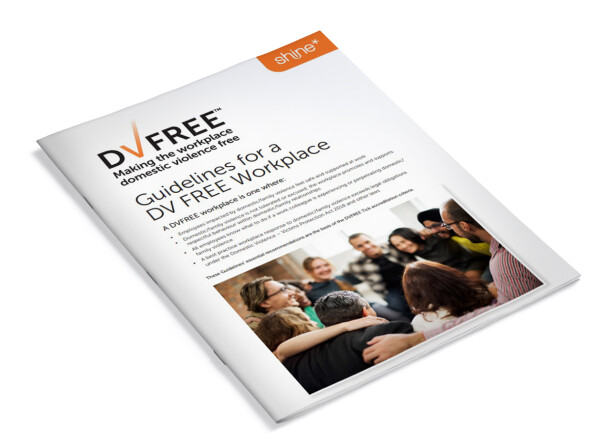Download the DVFREE Workplace Guidelines for Free
Ensure your workplace is safe and supportive for employees experiencing domestic violence. 
Webchat
Ensure your workplace is safe and supportive for employees experiencing domestic violence. 
Ensure your workplace is safe and supportive for employees experiencing domestic violence. 